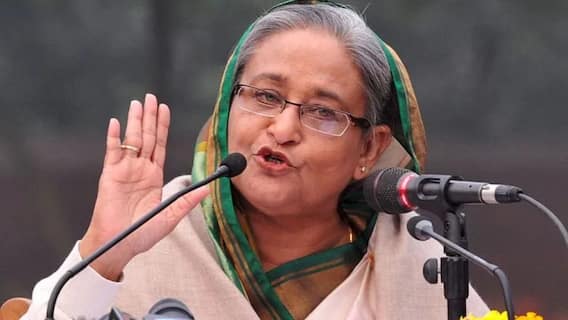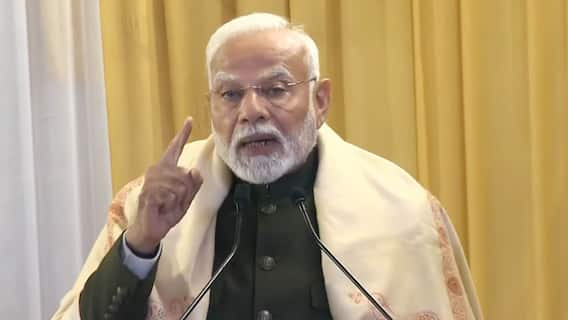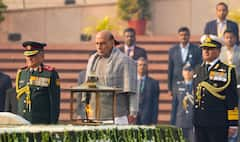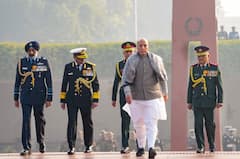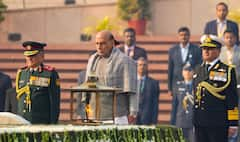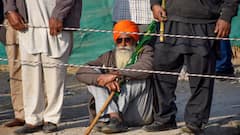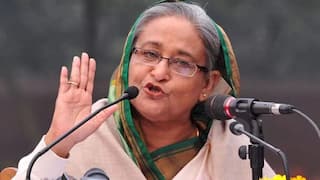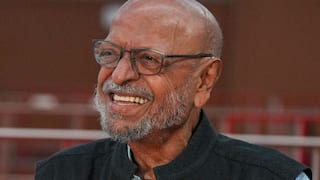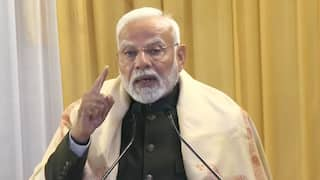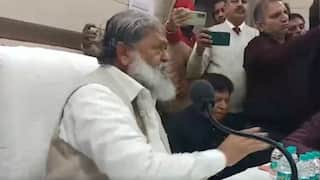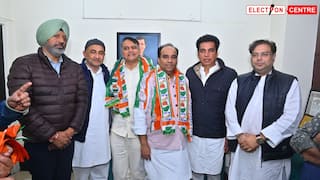'Whole Ecosystem Again In Full Swing': Law Minister On Criticism After Ayodhya Case SC Judge Made Guv
Congress had questioned the appointment of retired Supreme Court judge, Abdul S Nazeer for the post of governor calling it a 'great threat' to the independence of judiciary.

New Delhi: In an apparent swipe at Congress, Union Law Minister Kiren Rijiju said that the “whole ecosystem” was once again in “full swing”, after the Opposition party questioned the appointment of a former Supreme Court judge as a governor. Without naming anyone, the Union minister said that they should better understand that they can no longer treat India as their “personal fiefdom”.
On Sunday, the government appointed six new faces as governor including Justice Abdul S Nazeer (retired), who was part of the historic 2019 Ayodhya verdict, and four Bharatiya Janata Party leaders besides carrying out a rejig of the gubernatorial posts in seven states.
Nazeer has been appointed as the governor of Andhra Pradesh.
ALSO READ: Aero India 2023: PM Modi To Inaugurate Asia's Biggest Air Show In Bengaluru Today
Calling it a “great threat” to the independence of judiciary, the Congress attacked the government over Nazeer’s appointment.
Taking to Twitter, Rijiju said India will be guided by the provisions of the Constitution.
"The Whole Eco-system is once again in full swing on the appointment of a Governor. They should better understand that, they can no more treat India as their personal fiefdom. Now, India will be guided by the people of India as per the provisions of the Constitution of India," the minister tweeted.
The Whole Eco-system is once again in full swing on the appointment of a Governor.
— Kiren Rijiju (@KirenRijiju) February 12, 2023
They should better understand that, they can no more treat India as their personal fiefdom. Now, India will be guided by the people of India as per the provisions of the Constitution of India.
Nazeer was part of several path-breaking verdicts, including those on the politically sensitive Ayodhya land dispute, instant 'triple talaq' and the one that held the right to privacy to be a fundamental right. He retired as a Supreme Court judge on January 4.
Trending News
Top Headlines





